Find Help
More Items From Ergsy search
-
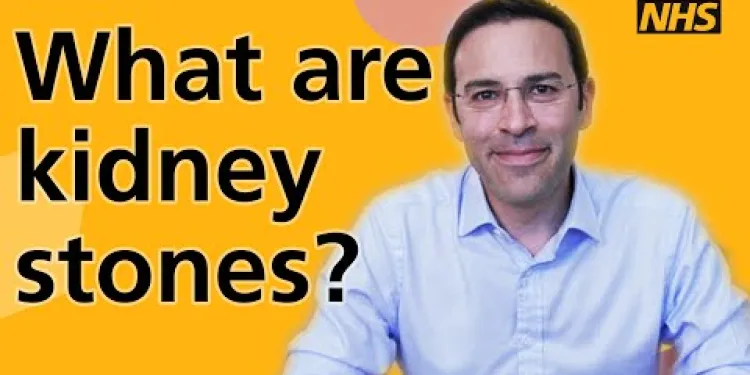
What are kidney stones?
Relevance: 100%
-
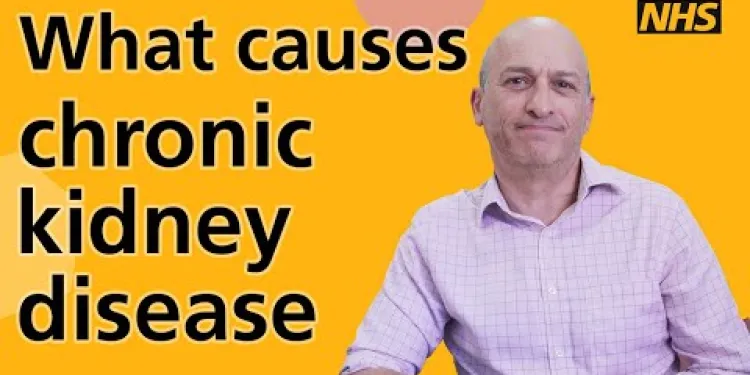
What causes chronic kidney disease?
Relevance: 45%
-
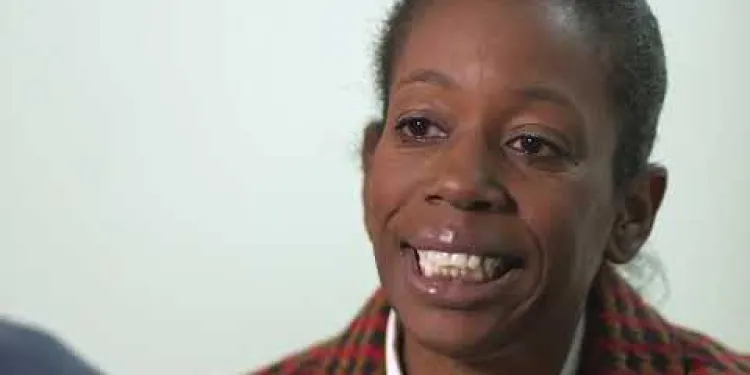
Having a kidney transplant
Relevance: 42%
-
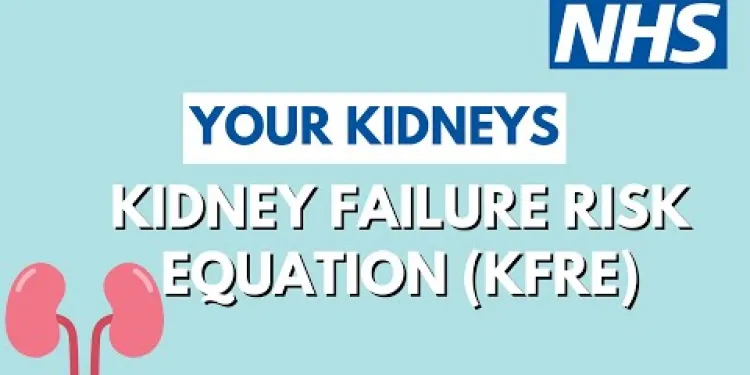
What is my risk of kidney failure with CKD (chronic kidney disease) | UHL NHS Trust
Relevance: 39%
-
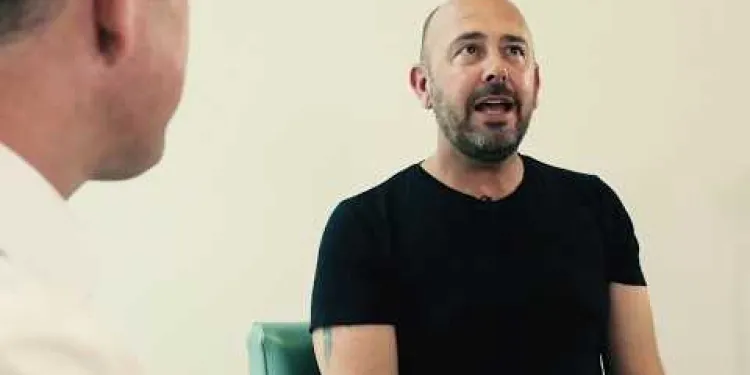
Living with early stage kidney disease
Relevance: 39%
-

Patient Stories - Having a kidney transplant
Relevance: 38%
-

Matthew's Story: Kidney Transplant - Part 1
Relevance: 38%
-
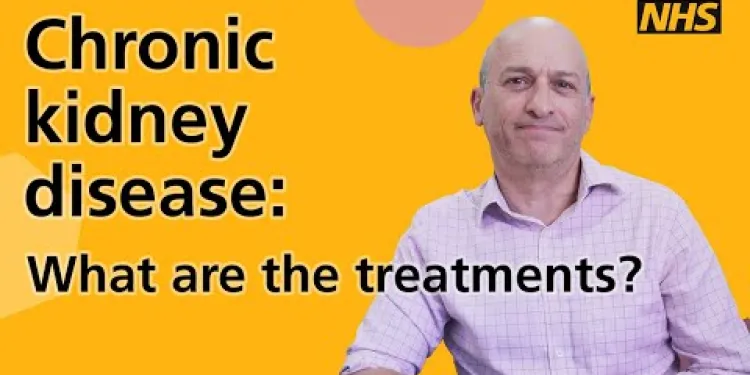
Chronic kidney disease: What are the treatments?
Relevance: 37%
-

Does Ozempic have an impact on kidney function?
Relevance: 37%
-
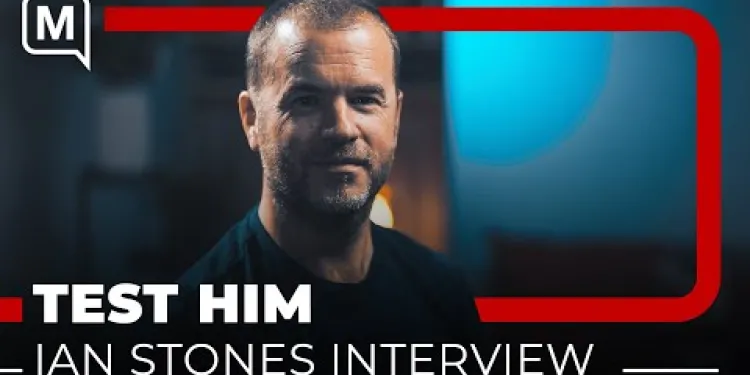
Ian Stones - Test him - Male Infertility
Relevance: 37%
-

NHSGGC - Diet and Chronic Kidney Disease (CKD)
Relevance: 34%
-
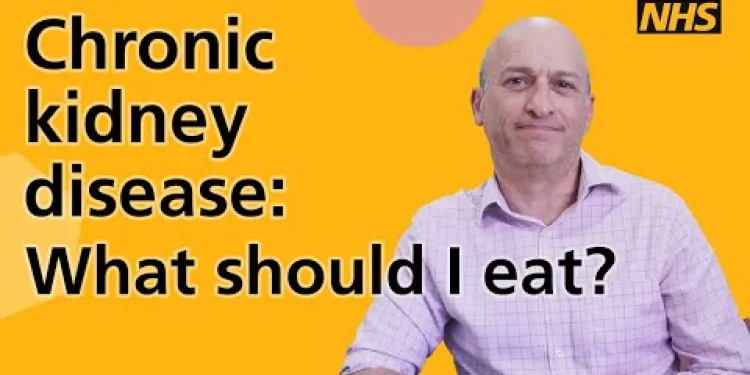
What should I eat to help with chronic kidney disease?
Relevance: 34%
-

Kidney transplant waiting stories – DJ Ace and Lauren | NHS Organ Donation
Relevance: 33%
-
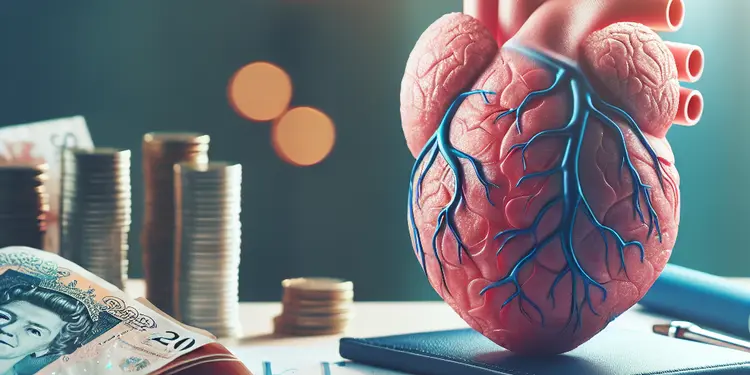
Are there any complications associated with untreated BPH?
Relevance: 31%
-

Home dialysis help for kidney patients
Relevance: 29%
-

How does too much salt affect my health?
Relevance: 21%
-

What types of memorials are allowed in woodland burial sites?
Relevance: 20%
-
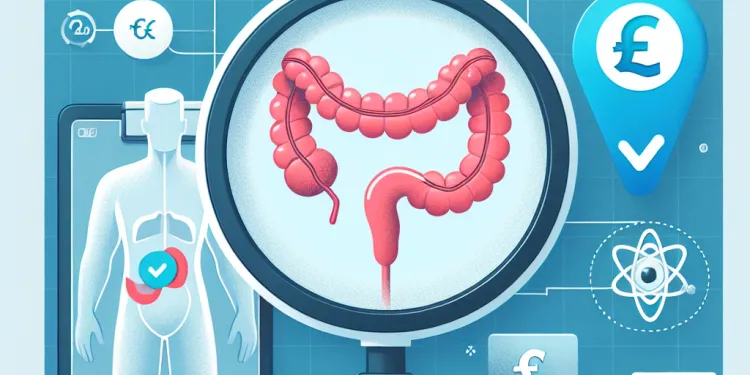
How is appendicitis diagnosed?
Relevance: 17%
-

When is surgery recommended for BPH?
Relevance: 16%
-
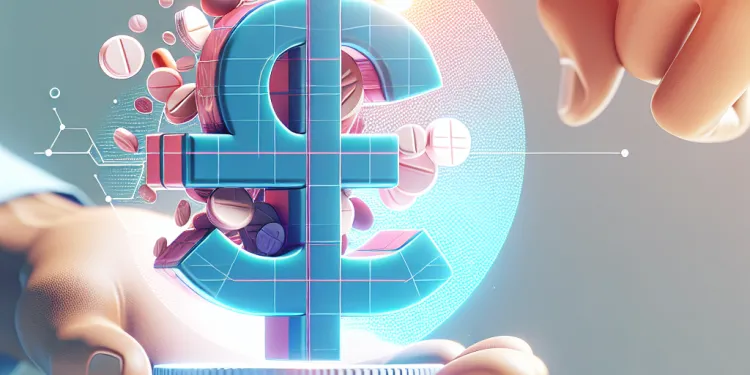
What are the side effects of Ibuprofen?
Relevance: 14%
-

What are the risks of having high blood pressure?
Relevance: 14%
-
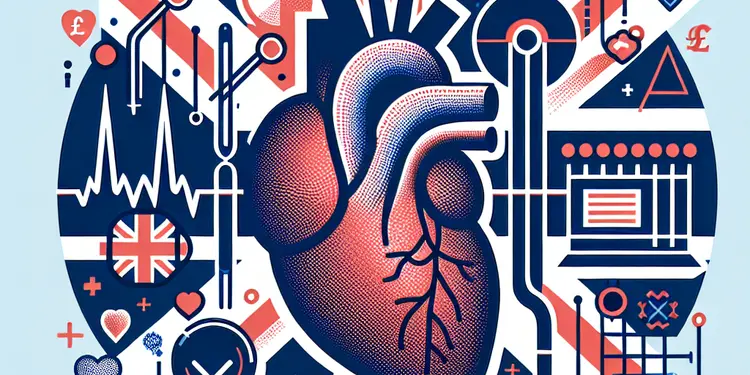
Can heart failure affect other organs?
Relevance: 14%
-

What complications are associated with Type 2 Diabetes?
Relevance: 14%
-

Can high blood pressure lead to other health problems?
Relevance: 14%
-
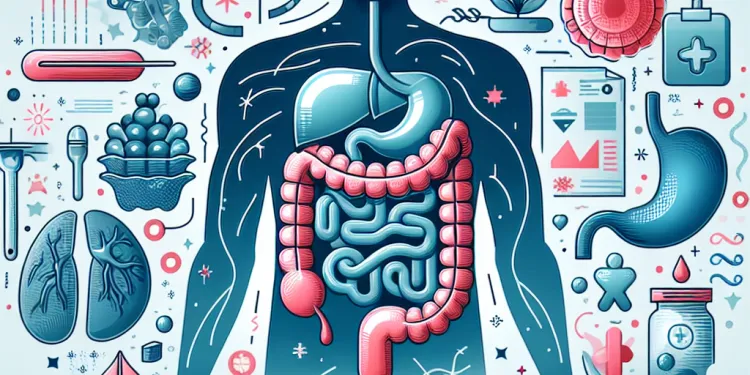
Are there any complications associated with Crohn's disease?
Relevance: 14%
-
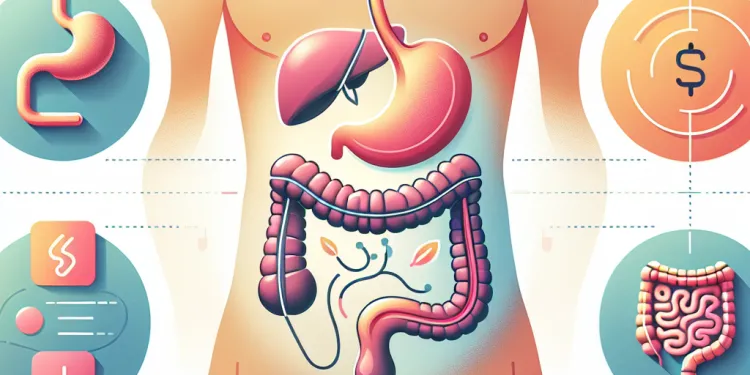
How is appendicitis different from other causes of abdominal pain?
Relevance: 13%
-

What problems is Ozempic known to cause?
Relevance: 13%
-

What are the long-term effects of repeated heatwave exposure?
Relevance: 13%
-
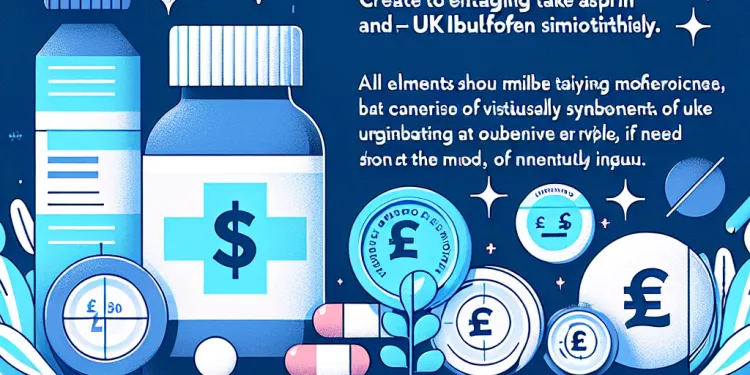
Can I take Aspirin and Ibuprofen together?
Relevance: 12%
-
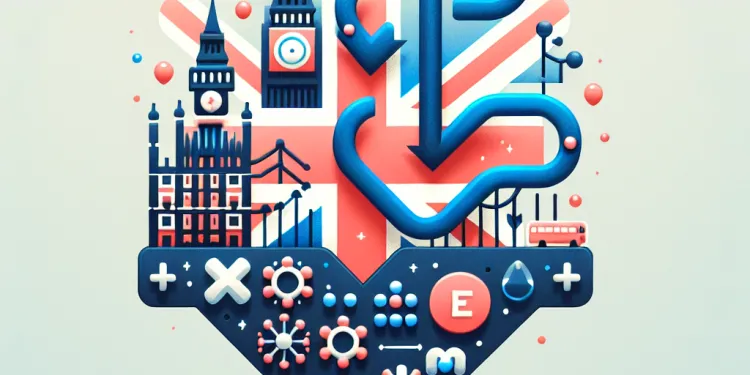
Why is reducing aldosterone levels important?
Relevance: 12%
-

What are the common symptoms of lupus in children?
Relevance: 12%
-

How are burial plots marked?
Relevance: 12%
-

Are there any medical conditions that disqualify someone from using weight loss jabs?
Relevance: 12%
-

Who should not take Mounjaro?
Relevance: 12%
-
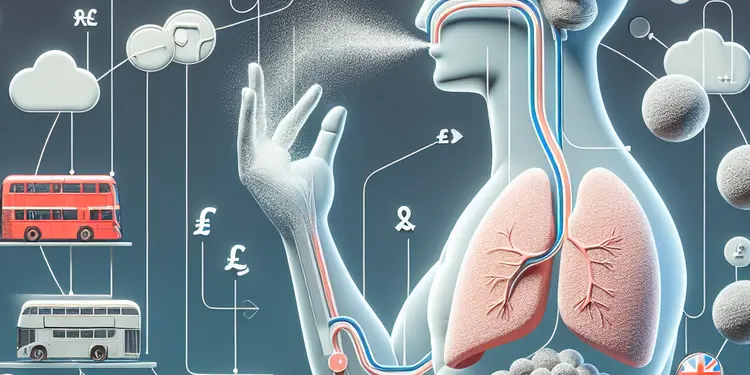
How does the body process salt?
Relevance: 12%
-

Are there common side effects that fake weight loss drugs may cause?
Relevance: 11%
-

Are there any serious risks associated with Ozempic?
Relevance: 11%
-

How do medications help control high blood pressure?
Relevance: 11%
-
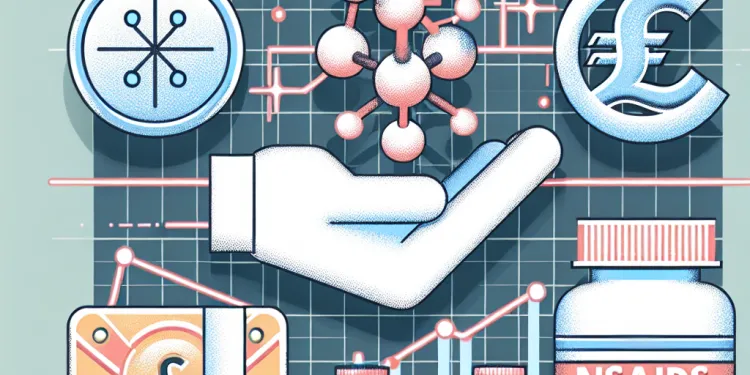
How do NSAIDs work to reduce pain?
Relevance: 11%
-
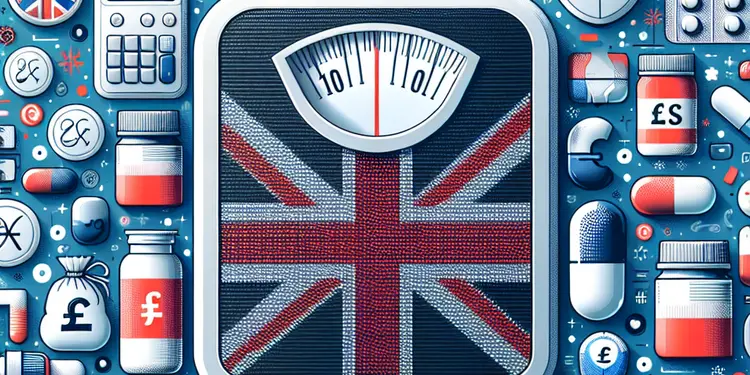
What are the less common but serious side effects of weight loss drugs?
Relevance: 11%
Understanding Kidney Stones
What are Kidney Stones?
Kidney stones are hard deposits formed from crystallised minerals and salts that develop within the kidneys. These stones can vary in size from tiny specks to larger, more problematic stones that may cause severe discomfort and require medical intervention. For residents of the United Kingdom, understanding the nature, causes, and treatment options for kidney stones is essential for maintaining kidney health.
Causes and Risk Factors
Several factors contribute to the formation of kidney stones. Common causes include insufficient water intake, dietary habits high in salt, sugar, or protein, and particular medical conditions. Additionally, genetics can play a role, with a family history of kidney stones increasing an individual's risk. In the UK, lifestyle choices such as poor hydration, compounded by dietary preferences, often contribute to the development of kidney stones.
Symptoms of Kidney Stones
Kidney stones often go unnoticed until they move within the kidney or pass into the ureter, resulting in pain and discomfort. Symptoms can include severe pain in the back or side, blood in the urine, nausea, vomiting, and frequent urination. Individuals in the UK should be vigilant of these symptoms, especially if they have a predisposed risk.
Treatment Options
Treatment for kidney stones depends on the size and type of the stones. Small stones may pass on their own with increased water intake and pain management. Larger stones might require more intensive treatments such as medication, lithotripsy (using shock waves to break stones), or surgical procedures to remove the stones. The National Health Service (NHS) provides multiple resources and treatment options for those affected by kidney stones in the UK.
Preventive Measures
Prevention is key to reducing the incidence of kidney stones. Hydrating properly, adopting a balanced diet low in salt and sugar, and avoiding excessive protein intake are effective measures. Regular check-ups and monitoring can also help prevent recurrence. UK residents should consult with healthcare professionals to develop personalised strategies for kidney stone prevention.
Understanding Kidney Stones
What are Kidney Stones?
Kidney stones are hard bits that can form in your kidneys. They are made of minerals and salts. These stones can be very small or bigger. Sometimes, big stones can hurt a lot and you may need a doctor to help. It is good to learn about kidney stones so you can keep your kidneys healthy.
Causes and Risk Factors
Kidney stones happen for different reasons. Not drinking enough water, eating too much salt, sugar, or protein, and some illnesses can cause stones. If your family has kidney stones, you might get them too. In the UK, not drinking enough water and eating certain foods can make kidney stones more likely.
Symptoms of Kidney Stones
You might not know you have kidney stones until they move around. Then, you might feel pain in your back or side, see blood in your pee, feel sick, throw up, or need to pee a lot. If you live in the UK and have these symptoms, you should see a doctor.
Treatment Options
How doctors treat kidney stones depends on how big they are. Small stones might go away if you drink lots of water and take medicine for pain. Big stones might need special treatments. These can include medicine, using waves to break the stones, or surgery to take the stones out. The NHS can help people in the UK who have kidney stones.
Preventive Measures
Stopping kidney stones before they start is very important. You can do this by drinking plenty of water, eating a diet with less salt and sugar, and not eating too much protein. Going to the doctor for regular check-ups can help. People in the UK should talk to their doctor to find the best ways to stop kidney stones.
Frequently Asked Questions
What are kidney stones?
Kidney stones are hard deposits made of minerals and salts that form inside your kidneys. They can vary in size and can cause severe pain when passing through the urinary tract.
What causes kidney stones?
Kidney stones can form when your urine contains more crystal-forming substances—such as calcium, oxalate, and uric acid—than the fluid in your urine can dilute.
What are the symptoms of kidney stones?
Common symptoms include severe pain in the back or side, blood in the urine, nausea, vomiting, and frequent urination. The pain may shift to different parts of the abdomen and groin.
How are kidney stones diagnosed?
Diagnostic methods can include blood tests, urine tests, CT scans, X-rays, and ultrasounds to detect the presence of stones in the urinary tract.
Who is most at risk for kidney stones?
Individuals with a family history of kidney stones, those who have repeated urinary tract infections, and people with certain medical conditions such as hyperparathyroidism are at higher risk.
Can kidney stones be prevented?
Yes, staying hydrated, reducing salt intake, and avoiding foods high in oxalates, such as spinach and nuts, can help prevent kidney stones. Some people may also need to take medication.
How are kidney stones treated?
Treatment varies depending on the size and type of stone. Small stones may pass on their own, while larger stones may require medication, lithotripsy, or surgical procedures to remove.
What should I do if I think I have a kidney stone?
If you suspect you have a kidney stone, it's essential to contact your GP or visit the nearest A&E. They will guide you on the appropriate diagnostic tests and treatments.
Is surgery always required for kidney stones?
No, not all kidney stones require surgery. Many can be managed with medication and lifestyle changes. However, larger stones or stones causing severe symptoms may need surgical intervention.
What is lithotripsy?
Lithotripsy is a non-invasive procedure that uses shock waves to break kidney stones into smaller pieces, making it easier for them to pass through the urinary tract.
Are there different types of kidney stones?
Yes, the most common types are calcium oxalate, uric acid, struvite, and cystine stones. Each type can form for different reasons and may require different treatments.
Can diet influence the formation of kidney stones?
Yes, diet plays a significant role. High intake of oxalate-rich foods, excessive salt, and insufficient water intake can increase the risk of forming kidney stones.
How much water should I drink to prevent kidney stones?
It's generally recommended to drink at least 2-3 litres of water a day to help prevent the formation of kidney stones. Staying well-hydrated dilutes substances in the urine that lead to stones.
Can children get kidney stones?
Yes, although less common, children can get kidney stones. Risk factors include dehydration, certain dietary habits, and some medical conditions.
Are kidney stones a recurring condition?
Unfortunately, once you have had kidney stones, you are at a higher risk of developing them again. Preventative measures like diet changes and medication can help lower this risk.
What are kidney stones?
Kidney stones are hard lumps that form inside your kidneys. They are made of tiny crystals. These stones can sometimes cause a lot of pain.
If you have kidney stones, drinking plenty of water can help. Talking to a doctor is always a good idea.
Kidney stones are hard lumps. They are made of minerals and salts. They form inside your kidneys. They can be big or small. They can hurt a lot when they move through your body.
Why do people get kidney stones?
Kidney stones are small, hard things that can form in your kidneys.
They can happen if you do not drink enough water or if your body has too much of certain things, like salt or calcium.
Eating lots of fruits and vegetables and drinking plenty of water can help stop kidney stones from forming.
If you have worries about kidney stones, talking to a doctor can help. They can give you advice.
Kidney stones happen when your pee has too many tiny bits like calcium, oxalate, and uric acid. These bits stick together and make stones.
To help, drink lots of water to stop stones. You can also ask a doctor or a friend for help. Use tools like picture guides or easy-reading apps.
What happens when you have kidney stones?
Some things you might feel are really strong pain in your back or side, blood in your pee, feeling sick, throwing up, and needing to pee a lot. The pain can move to other parts of your belly and groin.
If it's hard to understand, you can ask someone to help you read it. You can also use a tool that reads words out loud for you.
How do doctors find out if you have kidney stones?
Doctors can tell if you have kidney stones by doing a few tests. Here are some ways they check:
- They might ask questions about how you're feeling and if you have any pain.
- They could ask you to pee in a cup to test your urine.
- They might take a picture of your insides. They do this with a special machine that uses X-rays or sound waves.
- They may check your blood with a small needle to look for clues.
If you find these words hard, asking a grown-up to explain them can help. Drawing a picture or using objects to show what happens in your body might make understanding easier.
To find out if someone has stones in their urine, doctors can do some tests. They can check your blood or urine. They might also take special pictures of inside your body using machines like CT scanners, X-rays, or ultrasounds.
Who can get kidney stones easily?
People are more likely to get kidney stones if their family has a history of them. People who get bladder infections often, and those with health problems like hyperparathyroidism, are also at higher risk.
If reading is hard, you can ask someone to read out loud with you. It is also okay to read slowly or take breaks.
How can we stop kidney stones from forming?
Yes, drinking lots of water, eating less salt, and not eating too many foods like spinach and nuts can help stop kidney stones. Some people might also need medicine.
How do doctors help with kidney stones?
When you have kidney stones, doctors use different ways to help.
Here are some ways they can help:
- Drink lots of water: Drinking water can help the stones move out of your body.
- Medicines: Doctors may give you medicine to make the pain go away or to help the stone pass.
- Shock wave treatment: Sometimes, doctors use special machines that make strong waves to break the stone into tiny pieces.
- Surgery: If the stone is big or won't move, doctors might need to do a small operation to take it out.
If you need help understanding, you can:
- Ask someone to explain it to you.
- Use pictures or videos to learn more.
- Talk to your doctor about what you do not understand.
Treatment depends on how big the stone is and what kind it is. Small stones might go away by themselves. Big stones might need medicine, a special machine to break them, or surgery to take them out.
What to Do if You Think You Have a Kidney Stone
If you feel a lot of pain in your back or side, you might have a kidney stone.
Here's what you can do:
- Drink lots of water. This helps the stone move.
- If it hurts a lot, tell an adult. They can take you to a doctor.
- The doctor might give you medicine for the pain.
Using a color marker to highlight important parts can help you remember these steps.
If you think you might have a kidney stone, it's important to talk to your doctor or go to the closest hospital. They will help you find out what's wrong and tell you what treatment you need.
Do you always need surgery for kidney stones?
Not always. Sometimes kidney stones can go away on their own.
Doctors might give you medicine to help.
Drinking lots of water can also help.
If the stone is big, then surgery might be needed.
Ask your doctor what is best for you.
No, you don’t always need surgery for kidney stones. Many times, you can use medicine and change what you eat and drink to help. But if the stones are really big or hurt a lot, doctors might need to do surgery to help you feel better.
What is lithotripsy?
Lithotripsy is a medical treatment. It helps break kidney stones into tiny pieces. Kidney stones are hard lumps in the kidneys. This treatment makes it easier for the stones to pass out of the body in urine.
If you want to know more or need help understanding this, ask a doctor or nurse. You can also use pictures or videos to learn more.
Lithotripsy is a way to help break kidney stones without surgery. It uses shock waves to smash the stones into tiny bits so they can easily come out when you pee.
Do kidney stones come in different types?
Yes, kidney stones can be different. Some types are:
- Calcium Stones: These are the most common.
- Struvite Stones: These can grow quickly.
- Uric Acid Stones: These form when there is too much acid in pee.
- Cystine Stones: These are rare and genetic.
If you want help understanding or learning more, you can:
- Ask a doctor or nurse.
- Use a dictionary or look online.
- Watch videos about kidney stones.
Yes, there are four main kinds of kidney stones. They are calcium oxalate, uric acid, struvite, and cystine stones. Each one can happen for different reasons and might need a different way to help you feel better.
Can what you eat affect kidney stones?
Can the food you eat make kidney stones happen? Kidney stones are hard things that form in your kidneys.
Eating certain foods can sometimes help prevent or cause kidney stones.
If you want help, talk to a doctor or a dietitian. They can tell you what foods are best for you.
Yes, the food you eat is very important. Eating too many foods with oxalate, having too much salt, and not drinking enough water can make it easier to get kidney stones.
How much water should I drink to stop kidney stones?
Drink lots of water each day. It can help stop kidney stones.
Try to drink 8 big cups of water. Spread it out across the whole day.
You can use a water bottle to help you remember. Set reminders on your phone, too.
Try to drink 2-3 big bottles of water every day. This can help stop kidney stones from forming. Drinking lots of water helps keep things in your pee from turning into stones.
Can kids have kidney stones?
Yes, kids can have kidney stones. A kidney stone is a hard piece that forms in the kidney. It happens when certain things in the urine stick together.
Here is what to look for:
- Pain in the back or side
- Pain when going to the bathroom
- Blood in pee
- Feeling sick or throwing up
If you think a kid has kidney stones, it is important to see a doctor. They can help make it better.
Here are some things that can help:
- Drink plenty of water
- Eat healthy foods
- Exercise regularly
Yes, kids can get kidney stones, but it does not happen a lot. Things that might make this happen are not drinking enough water, eating certain foods, and some health problems.
Do kidney stones come back more than once?
Once you have had kidney stones, you might get them again. But there are ways to stop them from coming back. Changing what you eat and taking medicine can help.
Useful Links
This website offers general information and is not a substitute for professional advice.
Always seek guidance from qualified professionals.
If you have any medical concerns or need urgent help, contact a healthcare professional or emergency services immediately.
Some of this content was generated with AI assistance. We’ve done our best to keep it accurate, helpful, and human-friendly.
- Ergsy carfully checks the information in the videos we provide here.
- Videos shown by Youtube after a video has completed, have NOT been reviewed by ERGSY.
- To view, click the arrow in centre of video.
- Most of the videos you find here will have subtitles and/or closed captions available.
- You may need to turn these on, and choose your preferred language.
- Go to the video you'd like to watch.
- If closed captions (CC) are available, settings will be visible on the bottom right of the video player.
- To turn on Captions, click settings .
- To turn off Captions, click settings again.
More Items From Ergsy search
-

What are kidney stones?
Relevance: 100%
-

What causes chronic kidney disease?
Relevance: 45%
-

Having a kidney transplant
Relevance: 42%
-

What is my risk of kidney failure with CKD (chronic kidney disease) | UHL NHS Trust
Relevance: 39%
-

Living with early stage kidney disease
Relevance: 39%
-

Patient Stories - Having a kidney transplant
Relevance: 38%
-

Matthew's Story: Kidney Transplant - Part 1
Relevance: 38%
-

Chronic kidney disease: What are the treatments?
Relevance: 37%
-

Does Ozempic have an impact on kidney function?
Relevance: 37%
-

Ian Stones - Test him - Male Infertility
Relevance: 37%
-

NHSGGC - Diet and Chronic Kidney Disease (CKD)
Relevance: 34%
-

What should I eat to help with chronic kidney disease?
Relevance: 34%
-

Kidney transplant waiting stories – DJ Ace and Lauren | NHS Organ Donation
Relevance: 33%
-

Are there any complications associated with untreated BPH?
Relevance: 31%
-

Home dialysis help for kidney patients
Relevance: 29%
-

How does too much salt affect my health?
Relevance: 21%
-

What types of memorials are allowed in woodland burial sites?
Relevance: 20%
-

How is appendicitis diagnosed?
Relevance: 17%
-

When is surgery recommended for BPH?
Relevance: 16%
-

What are the side effects of Ibuprofen?
Relevance: 14%
-

What are the risks of having high blood pressure?
Relevance: 14%
-

Can heart failure affect other organs?
Relevance: 14%
-

What complications are associated with Type 2 Diabetes?
Relevance: 14%
-

Can high blood pressure lead to other health problems?
Relevance: 14%
-

Are there any complications associated with Crohn's disease?
Relevance: 14%
-

How is appendicitis different from other causes of abdominal pain?
Relevance: 13%
-

What problems is Ozempic known to cause?
Relevance: 13%
-

What are the long-term effects of repeated heatwave exposure?
Relevance: 13%
-

Can I take Aspirin and Ibuprofen together?
Relevance: 12%
-

Why is reducing aldosterone levels important?
Relevance: 12%
-

What are the common symptoms of lupus in children?
Relevance: 12%
-

How are burial plots marked?
Relevance: 12%
-

Are there any medical conditions that disqualify someone from using weight loss jabs?
Relevance: 12%
-

Who should not take Mounjaro?
Relevance: 12%
-

How does the body process salt?
Relevance: 12%
-

Are there common side effects that fake weight loss drugs may cause?
Relevance: 11%
-

Are there any serious risks associated with Ozempic?
Relevance: 11%
-

How do medications help control high blood pressure?
Relevance: 11%
-

How do NSAIDs work to reduce pain?
Relevance: 11%
-

What are the less common but serious side effects of weight loss drugs?
Relevance: 11%


